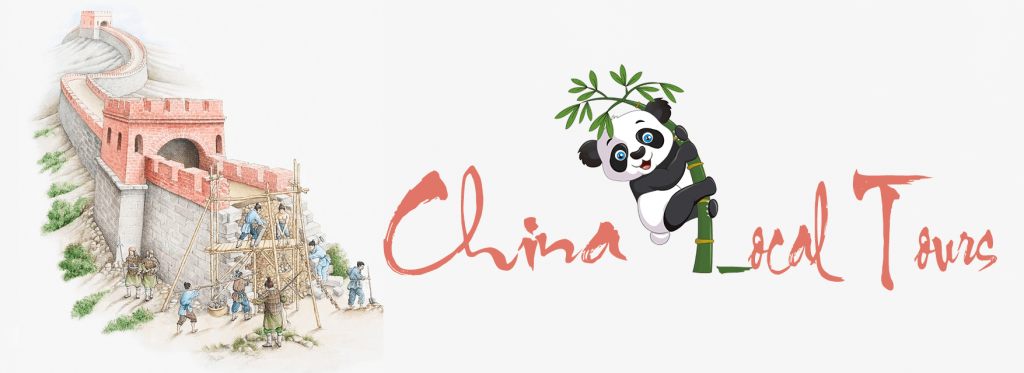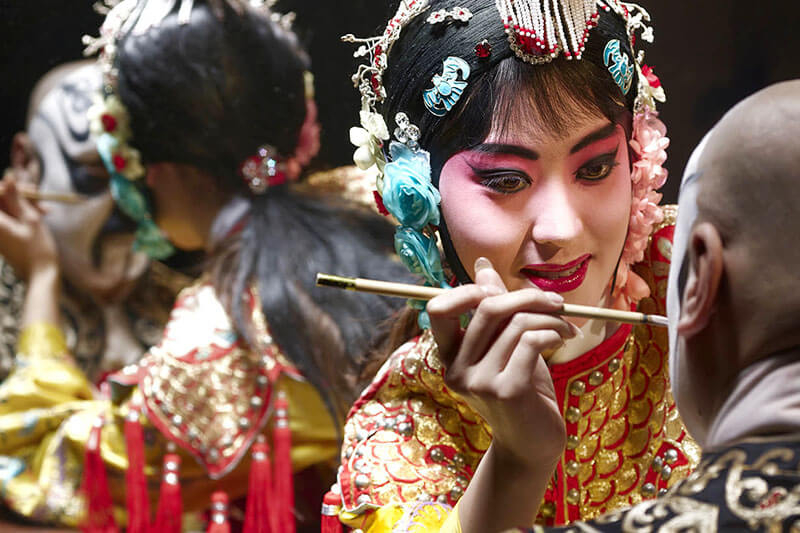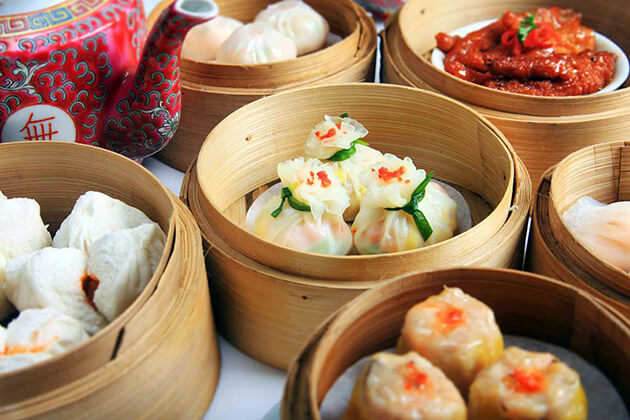Admittedly, the country name alone has the power to urge you to start an amazing China tour to explore this nation. It is listed as one of the four earliest cradles of world's civilizations, tracing back to nearly 4,000 years. If you are fancy mystery and miracle things, China is perfectly exotic destination to fulfill your expectation. As China has gradually accumulated traditional values over many centuries, it is a substantive culture, which might be overwhelming to foreigners at the very first moments. But once you immerse into this amazing land, you will quickly fall in love with it. The following guide will be a useful note as it not only gives you a chance to discover local modern lifestyles but it also takes you back to the old times with unique cultural values.
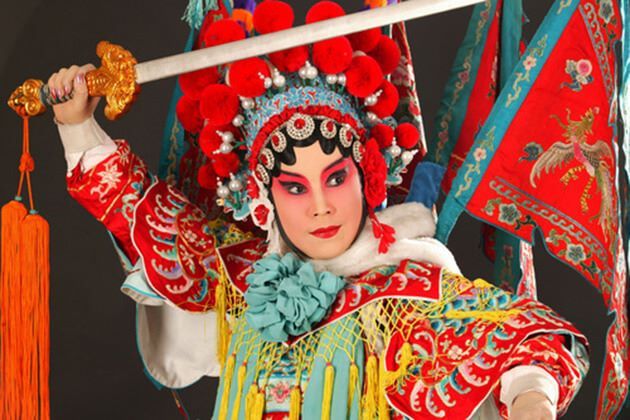
Chinese Tea-drinking Culture
Tea-drinking is a long-lasting art of Chinese people going along with its history. Tea is an old element exemplifying for the alive culture of China. Skills in planting together with making tea have been developed and improved throughout the years by local people. A wide range of teahouses is densely located in each city, which enthusiastically embraces this culture in thousands of traditional teahouses. According to their traditional customs, when any guest visits your house, it is an etiquette to offer them a cup of tea. Tea is vital to Chinese as coffee to people from other continents, so you often see Chinese people invite their friend a cup of tea instead of coffee. A highlight of this tradition is the Chinese tea ceremony, which illustrates the idea of peace in Taoism or Buddhism. It additionally presents the combination of oriental philosophy and lifestyles. There are many steps in the preparation and enjoying tea in the ceremony, it is fairly requiring. Moreover, the way you present tea ceremony shows out your person, manners, personality, your point of view of the inner and outside world. In general, as this habit involves peace and pureness, drinking tea is an ideal way to rethink about yourself and find the peace this modern life.
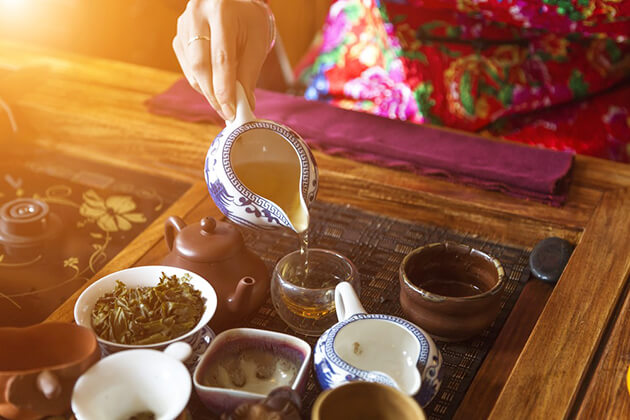
China- The Country of Festivals
This vast land has a good reputation for abundant festivals, which greatly contribute to tourists attraction in China. The biggest celebration in the country of billions of people on the New Year holiday, it can be called the Spring Festival. As many countries in Asia, the holiday marks the end of a year and the start of a new journey ahead. The strange thing is that there is no set date for the beginning of the festival. It often occurs on 1st January and lasts for about 15 days. This occasion is time for family reunion, Chinese people warmly welcome spring and prays to their ancestors for a new year of luck, full health and happiness. If you schedule a China tour at the time of this festival, you can get a wonderful chance to get closer and learn about that major festival and explore multiple traditional activities. For instance, firework performances are the most extraordinary presentation that you can not miss in the moment of transition from the prior year to the new year. Traditionally, firecrackers are considered to wipe out evil thongs and bad luck. In the very first days, foreigners could find it hard to understand why Chinese people do not sweep and throw out garbage. As their explanation, those kinds of actions could wash away good luck. It is easy to notice that on this cerebration, the main color of decoration settings is bright red. The positively meaningful color greatly beautifies a full new year for Chinese people.
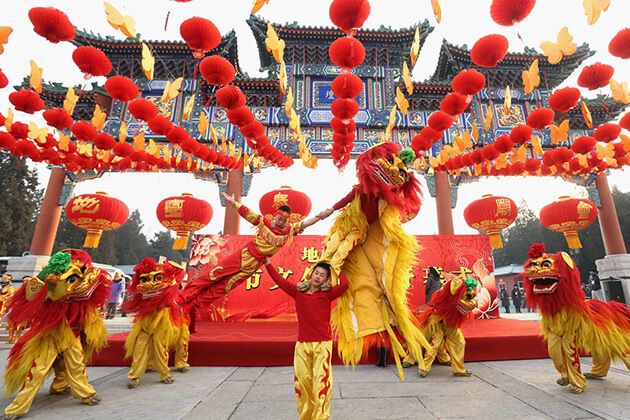
Communication Styles
Daily communication
China ranking one of the highest in the collective society factor, unlike Western countries. Chinese communication values involve being close to extended family, or other extended groups. The people appreciate responsibilities and loyalty, regard them as pre-conditions for stronger relationships. Moreover, the Chinese have a high opinion of face-saving acts and avoiding conflict as much as possible. They have a preference for a slower approach and indirect communication. In other words, the people put a lot of implication in most of their statement, therefore, you often have to consider it to know what exactly they tell about. For example, should they do not agree with your point, they still don’t directly oppose you but indirectly deliver their opinions and perspectives. In Chinese culture, you should greet the people of highest status first, not the female. If personal information is something quite sensitive to western people even when they meet acquaintances, it seems to be normal to Chinese people.
Table manners
Another important communication etiquette is table manners or dining rite. Chinese are fairly strict with dining habits and they expect other people to behave properly and beautifully. The top priority in the table is for most senior people or guests of honor, you are not allowed to be seated before them. The main reason is Chinese people fully appreciate a society of hierarchy and that idea has been a part of their daily life. Back to table manner, when you find your favorite food, native people will not be pleased if you use chopsticks to dig up that plate and keep your eyes on the food. Besides, elegant manners also mean that they do not grab too much food at once or take in as much as possible and talk with a full mouth of food. It appears that everything should be done step by step.
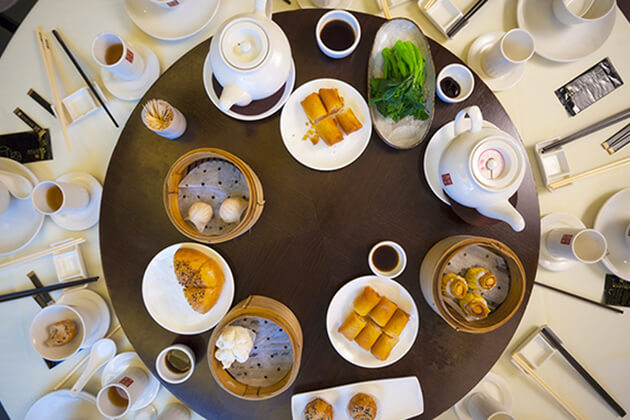
Chinese Food Characteristics
The local cuisine is truly unique thanks to the perfect combination of taste, smell and decoration settings. Additionally, the way Chinese people set up a dining table is not only a simple presentation but it also is the performance of their thinking. Local inhabitants are conscious of harmony factor in daily meals; thus, if there is any omission, your food can not show the fullness, and it could be a hint of “A bad beginning makes a bad ending”. The Chinese quite prefer fresh, nutritious ingredients, and love to decorate their meals impressively. There are diversified ways of food processing for example boiling, stew, stir-frying, steaming, roasting ... which leave unforgettable flavors in the mind of foreigners. The recommended food list must be Dumpling, Sweet and sour pork ribs, Spring rolls, …, but the top-rated one in Beijing Kaoya or Beijing Roast Duck. This excellent dish associated with ups and downs of history. The cuisine first belonged to the ancient capital city of China: Jinling (or Nanjing), so when the capital city was moved to Beijing under the Yuan Dynasty, they took it away too. Eventually, it became a specialty of Beijing. After being processed, ducks are roasted till they become brown with grease and crispy outside. Per roasted duck is cut into slices (100 to 120 pieces), every single piece has a crispy cover and perfect layers of meat. This food is served with some side dishes as cucumber, vegetables, and condiments such as well-done sweet bean sauce, which make it completed.
